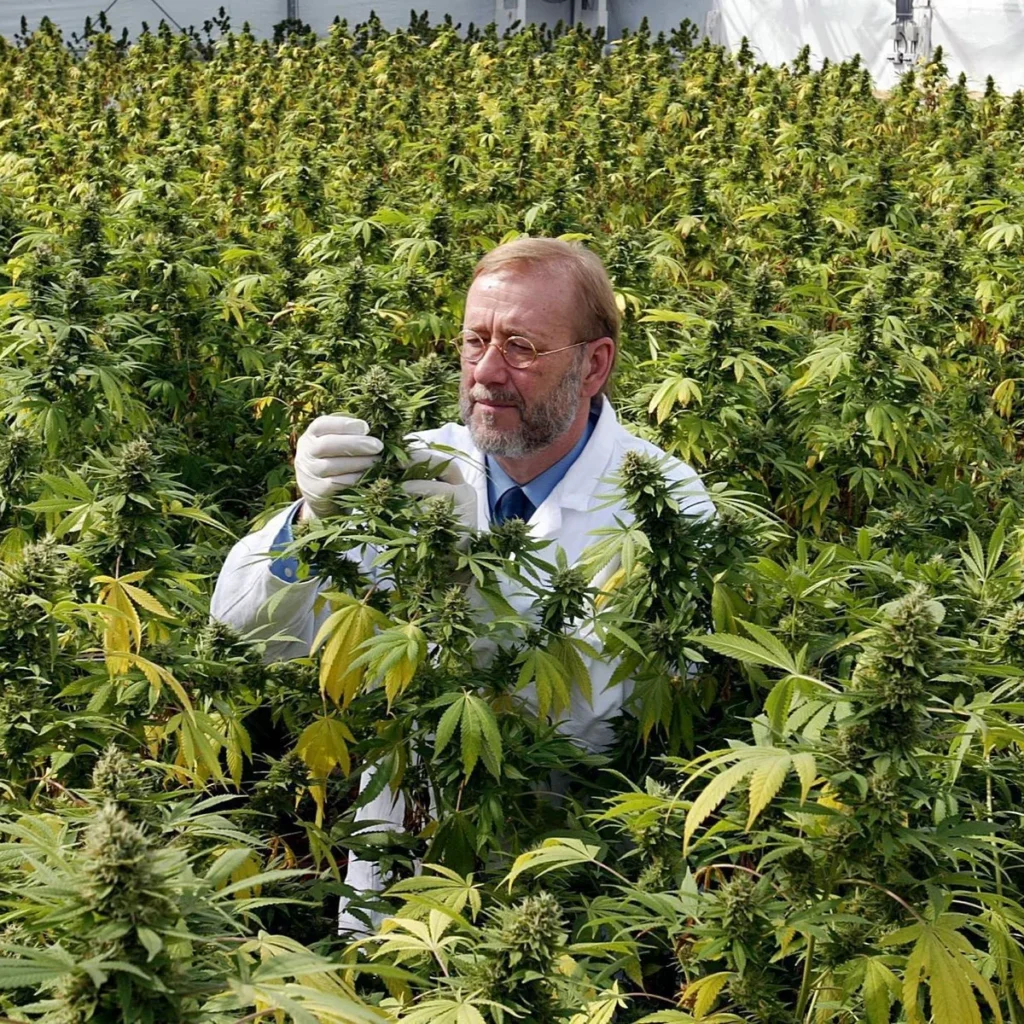Discovering Weed in Sandviken: The Landscape of Cannabis in a Swedish Industrial Town

Sandviken, located in Gävleborg County, Sweden, is a town traditionally known for its steel production and strong industrial roots. With a population of around 40,000, it embodies a quiet, hardworking ethos. However, like many small and medium-sized towns in Sweden, Sandviken is also quietly reflective of the broader societal trends related to cannabis use, both legal and illicit on Discovering Weed in Sandviken.
This article explores the landscape of cannabis use in Sandviken, the implications of Swedish drug laws, and how attitudes toward cannabis are changing in the town and throughout the nation on Discovering Weed in Sandviken.
Sweden’s Strict Cannabis Laws and the Zero-Tolerance Policy
Sweden has long maintained one of the strictest anti-drug policies in Europe. Cannabis, in particular, remains illegal for both recreational and medicinal use. The government views cannabis as a dangerous substance with the potential to lead to addiction, mental health problems, and a decline in overall life quality. In Sweden, individuals caught possessing or using cannabis face legal consequences such as fines, criminal charges, and imprisonment on Discovering Weed in Sandviken.
This societal and legal framework creates a paradox: while cannabis use is widespread, it is also heavily hidden due to the legal and social consequences associated with it on Discovering Weed in Sandviken.
Some view cannabis as a relatively harmless drug compared to substances like alcohol or tobacco, and they believe that Sweden’s laws may be outdated in light of changing attitudes and evolving scientific research about cannabis on Discovering Weed in Sandviken.
Cannabis Use Among Young People in Sandviken
In Sandviken, as in much of Sweden, cannabis use is most prevalent among younger people, particularly teenagers and young adults. Peer pressure, curiosity, and the desire to experiment are powerful drivers behind the decision to try cannabis on Discovering Weed in Sandviken.
The Underground Cannabis Market in Sandviken
The market is largely invisible to outsiders, and transactions occur in private settings to avoid detection by law enforcement. These dealers are often known through personal connections, which further ensures the illicit nature of the trade.
Such discreet encounters are essential in maintaining anonymity and avoiding legal consequences.
Social and Legal Implications of Cannabis Use in Sandviken
The legal risks associated with cannabis use in Sandviken cannot be understated. Individuals caught possessing cannabis face penalties under Swedish drug laws, including the potential for fines, criminal prosecution, and jail time.
In small towns like Sandviken, where residents are often familiar with one another, there is an additional layer of social stigma that accompanies cannabis use. Being caught using cannabis or dealing with cannabis can have a significant impact on one’s reputation.
The fear of judgment and the possibility of legal trouble drive cannabis users to keep their habits private.
Changing Attitudes Toward Cannabis
Despite Sweden’s strict cannabis laws, attitudes toward the substance are slowly evolving.
Sweden has seen growing support for decriminalizing or legalizing cannabis, particularly for medical use, over the past few years. While the movement has yet to gain widespread political traction, public opinion appears to be shifting.
Conclusion
Cannabis use in Sandviken, as in many other parts of Sweden, exists in a complex and hidden landscape. While the drug remains illegal and carries severe legal consequences, cannabis is widely used, especially among the younger population.

When it comes to marijuana products, ScentHub offers an extensive selection of some of the highest quality items I’ve come across. I’ve tried a variety of strains, edibles, and concentrates, and the quality has consistently been outstanding. The flowers are always fresh, fragrant, and potent. I’ve had the chance to try both Sativa and Indica strains, and the effects have been exactly as described. Contact them on email: Scenthub43@gmail.com and also there Telegram : t.me/Scenthub43
Wow they have an option for me. The variety in their selection means that no matter my experience level, I’ll find a product that fits my needs. highly recommended .
I can say without hesitation that ScentHub has earned my loyalty. From the quality of the products to the exceptional customer service.

I’ve had a number of experiences where edible products don’t quite deliver the promised effects or leave an unpleasant aftertaste, but that’s not the case with ScentHub. The gummies, chocolates, and drinks I’ve tried have all been potent, flavorful, and consistently effective. The packaging is also informative, making it easy to understand the dosage and what to expect from each edible, Thank you !!!
They also don’t pressure you into buying anything you’re not ready for, which is a huge relief. It feels more like a conversation with a trusted friend rather than a hard sell. highly recommended!!